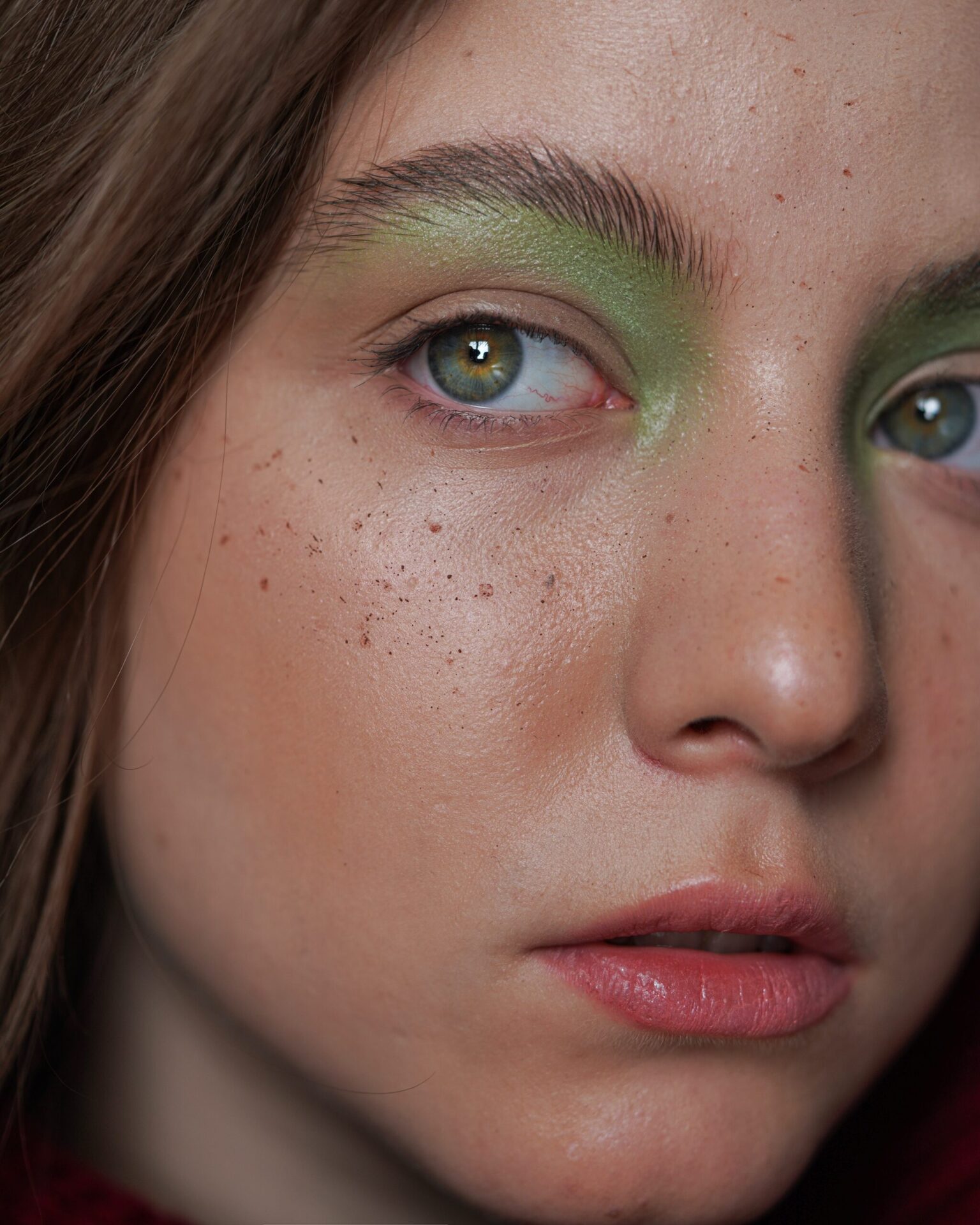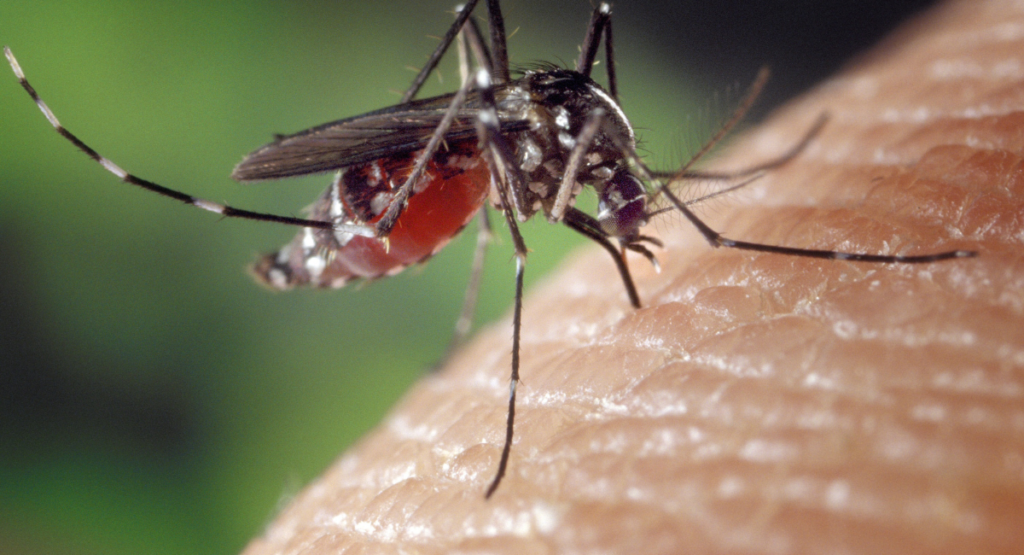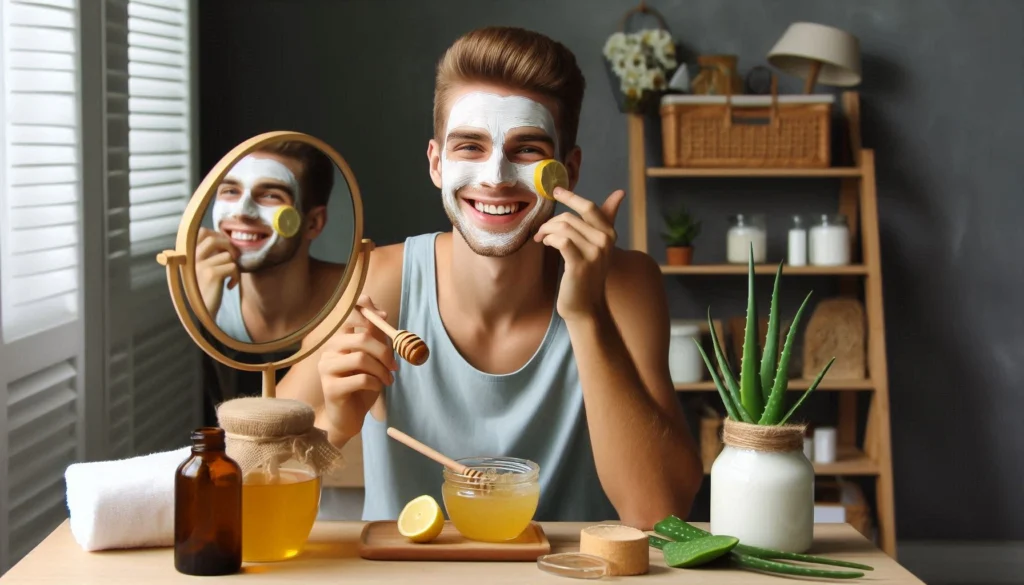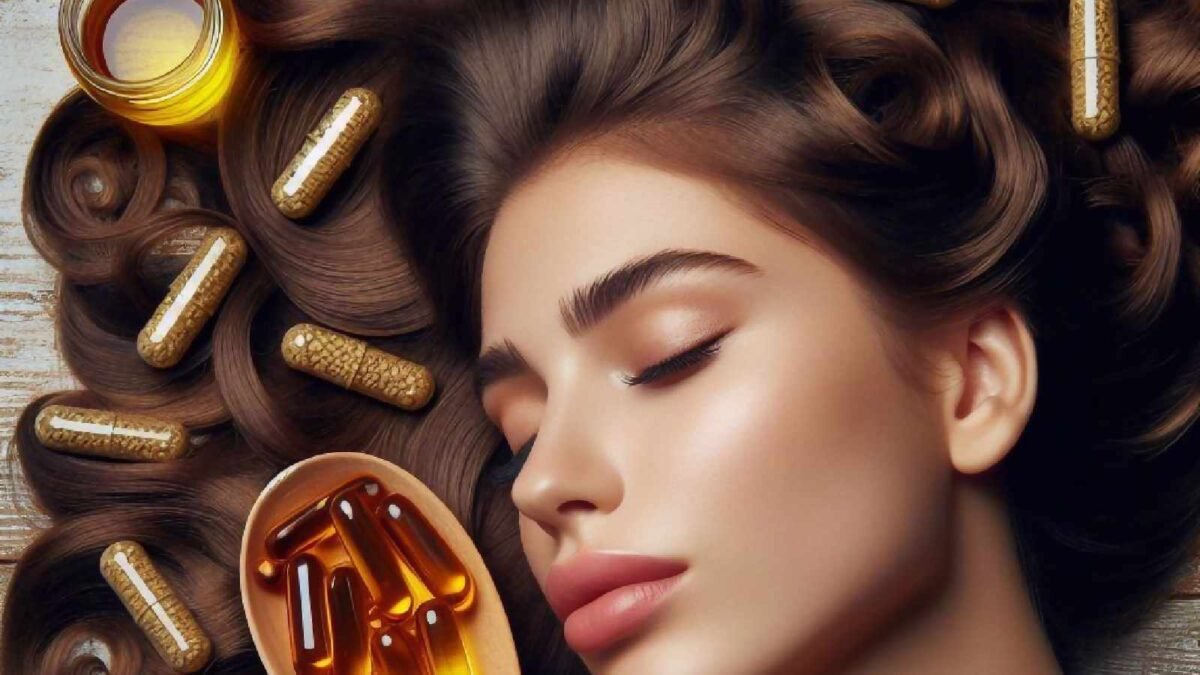Sometimes due to hormonal changes occurring in the body from time to time including periods and pregnancy, one has to face hormonal acne.
But first of all it is necessary to collect information about what is called hormonal acne and how it occurs on the skin.
Almost everyone has to face acne, which is one of the skin related problems. This problem persists in women from adolescence till menopause.
Hormonal changes occurring in the body from time to time prove to be the cause of this problem, due to which it is called hormonal acne.
But first of all it is necessary to collect information about what hormonal acne is and what tips should be taken to treat this problem (Signs of hormonal acne).
What is hormonal acne?
Regarding this, beauty expert Rekha Kumari says that due to continuous changes in hormones like estrogen and progesterone in the body, one has to face hormonal acne.
The increasing hormonal imbalance during pregnancy and PCOD proves to be the cause of this problem. Cysts and nodules grow in the layers of the skin.
Due to increase in the level of androgen hormone in the body, the secretion of sebum starts increasing, due to which bacteria and oil get accumulated in the pores. Pores get blocked and take the form of pimples.
According to the National Institute of Health, 95 percent of people face hormonal acne during adolescence.
Apart from this, hormonal acne also increases due to menstruation, menopause, polycystic ovaries syndrome and stress.
These acne start forming on the nose, chin, cheeks, forehead and back. Apart from blackheads and whiteheads, cysts, pustules, papules and nodules are other forms of hormonal acne.
Here are the signs of hormonal acne
- Hormonal acne causes increased redness and irritation in the surrounding skin.
- Hormonal acne starts forming on the T zone i.e. on the forehead, nose and chin.
- They feel pain and get filled with pus, scratching of which increases the problem of blemishes.
- Apart from the face, they also appear on the back, chest and neck.
- People under the age of 20 often face hormonal acne on the jaw line, chin and center of the cheeks.
Take care of your skin with the help of these tips (tips for skin care)
1. Take care of your diet
According to the National Institute of Health, consumption of high glycemic index and dairy products has an effect on insulin and androgen hormones in the body.
Due to this, the problem of acne persists on the skin. In such a situation, consume sugar, dairy products and refined carbs in limited quantities. Also, to keep the skin healthy, apart from vitamins and minerals, add Omega-3 fatty acids to the diet..
2. Wash face twice a day
To get relief from excess oil on the skin, avoid creamy products and clean the makeup before sleeping. Use noncomedogenic cleansers to wash your face. With this, the problem of open pores growing on the skin starts getting solved and the moisture of the skin remains intact.

3. Apply sunscreen
Applying sunscreen solves the problem of blemishes that develop after acne. Apart from preventing post inflammatory hyperpigmentation, sunscreen also helps in repairing skin tissues.
The problem starts getting solved by applying non-comedogenic sunscreen on the skin. Apart from this, choose makeup products according to your skin.
4. Avoid acne peeling
Apart from using oil-free skin products, avoid peeling and exfoliating the skin. Due to this, one has to face blemishes and pain on the skin.
Along with this, the problem of acne also starts increasing. Do not touch acne and definitely get it checked by a doctor.
5. Get enough sleep
Hormonal imbalance in the body starts affecting sleep. Due to this, sleep gets disrupted, due to which the level of cortisol in the body increases.
In such a situation, apart from acme in, one also has to face facial hair. In such a situation, sleep to manage stress.



